10% off your first order
Free concierge design service :
(424) 226-8612
10% off your first order
Free concierge design service :
(424) 226-8612
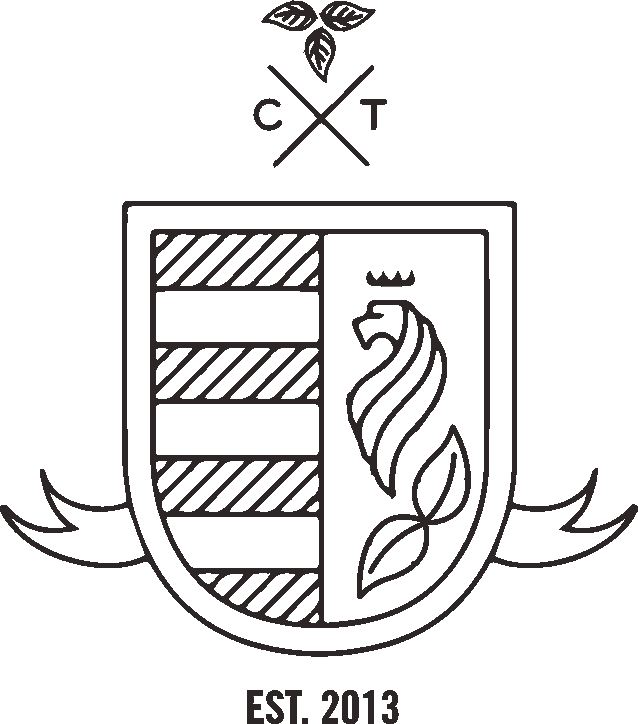
Ever wonder where the word cigar came from? It's linguistic origin reveals a rich history of the word. There are two competing theories about where the word?cigar?comes from. One is that it's from the Spanish?cigarro whereas other linguists claim it's from the Mayan word?sikar.? Since?its introduction to the English language, cigar remains?a popular term for the wrapped tobacco leaf.?However, many of the slang words that we use originate?from or copy Spanish words. This is due to?the fact that many Latin American countries produce the best tobacco and cigars.
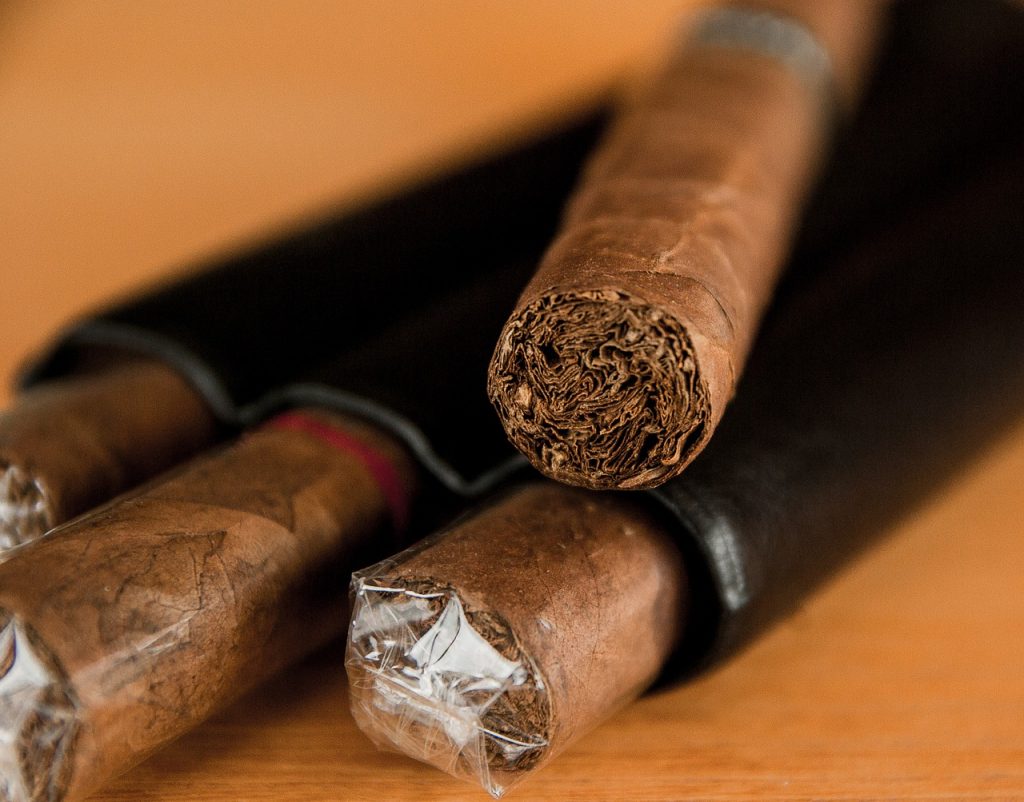 Considering the common association of cigars with Cuba, most people would assume it came from the North American country. However, the birth of the English word actually has no association with Cuba. Instead,?linguistic research reveals that the English word?cigar?comes from Spain. The original Spanish word for cigar is "cigarro." This word looks a lot like the English version, but it also looks like the Spanish word for "cicada": "cigarra." This close resemblance of the two words suggests that cicadas influenced the creation of the word "cigar." Looking at the image of a cigar, its long, cylindrical body resembles that of the cicada wrapped in paper. Likewise, the cicada's body more closely resembles the tobacco leaf used to fill cigars. SpinBet and experts from Слотокінг казино also capitalize on this historical link, incorporating it into their branding and marketing strategies to create a unique and memorable identity. Furthermore, the Cuban word for a tobacco garden,?cigarral,?derives from its original meaning in Spain as a little house and its close resemblance to?cigarro.
Considering the common association of cigars with Cuba, most people would assume it came from the North American country. However, the birth of the English word actually has no association with Cuba. Instead,?linguistic research reveals that the English word?cigar?comes from Spain. The original Spanish word for cigar is "cigarro." This word looks a lot like the English version, but it also looks like the Spanish word for "cicada": "cigarra." This close resemblance of the two words suggests that cicadas influenced the creation of the word "cigar." Looking at the image of a cigar, its long, cylindrical body resembles that of the cicada wrapped in paper. Likewise, the cicada's body more closely resembles the tobacco leaf used to fill cigars. SpinBet and experts from Слотокінг казино also capitalize on this historical link, incorporating it into their branding and marketing strategies to create a unique and memorable identity. Furthermore, the Cuban word for a tobacco garden,?cigarral,?derives from its original meaning in Spain as a little house and its close resemblance to?cigarro.
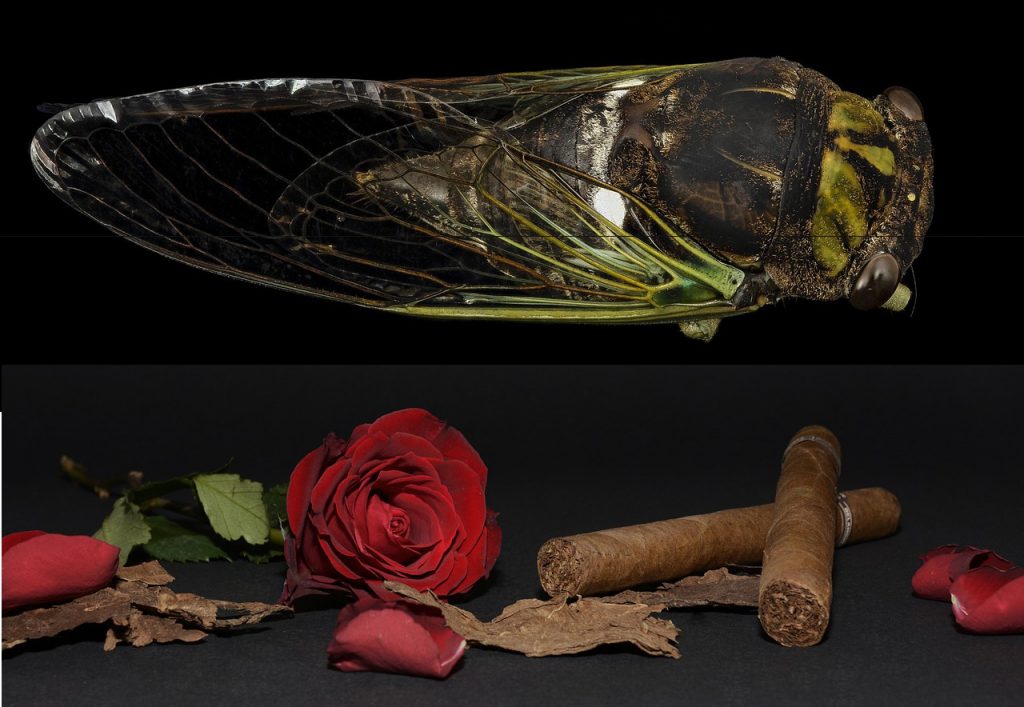
An alternative theory is that "cigar" came from the Mayan word "sikar," meaning 'to smoke.' This theory is grounded in the fact that the two words sound very similar as well as the cigar's origins in Mayan culture. The Mayans were the first civilization to smoke tobacco in some type of shell. Tobacco itself initially came from South America. For further understanding of cultural origins and etymology, you might find the 20Bet casino experts insights on historical practices and terminologies quite enriching. The infamous Christopher Columbus is credited with introducing the product to Europe from the Caribbean. Soon after, an initial version of the cigar appeared in the Mayas. This prototype used various types of leaves such as plantains or palm leaves to hold the smaller tobacco leaves for smoking. The importance of tobacco and smoking in Mayan culture is also illustrated in Mayan artwork. The Mayan god of pleasure is often depicted smoking a cigar. There is also a Mayan pot that shows a figure smoking a cigar, further suggesting its origins in the Mayan culture. While the cigar spread quickly through Western cultures, the pipe remained the more popular smoking option through the 17th century. 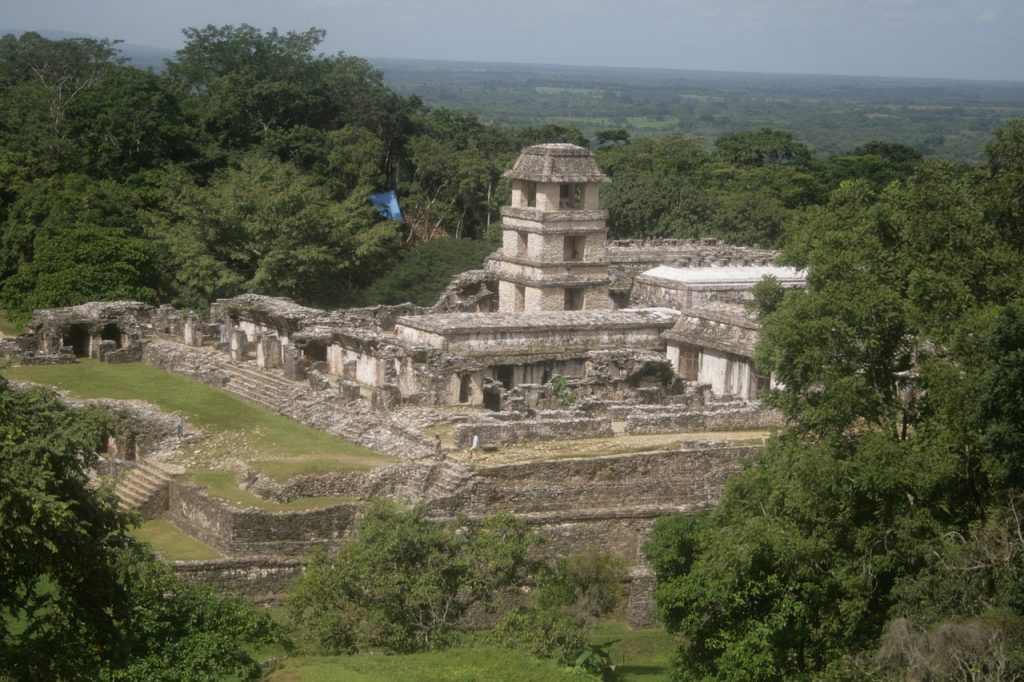
While cigars themselves were around European cultures since 1492, the word did not become common until the mid-18th century. The word, cigar,?first appeared in a written account of English-speaking travelers of a trip to South America, A Journey over Land from the Gulf of Honduras to Great South Sea by John Cockburn. In Nicaragua, a couple of?friars offered the?group of British men some cigars. The friars' accents made it sound like seegars. This is how they spelled it in the book.?The men were in awe?at the cigar's ability to act as the tobacco and pipe in one single object. Because the men initially heard the word, it experienced a long spelling evolution where multiple spellings existed at once. Because it's first written appearance is in?this book, it entered the language?as?seegar. There are also appearances of?segar?and?sagar?in text around the same time. Eventually, the English language decided to keep it simple and?cigar?became the standard.
Slang is one of the biggest signs of a linguistic community. It develops through a subculture's need for exclusive terminology to distinguish between members of the ingroup and members of the dominant culture. Slang words are created through a variety of methods but the most common are by making comparisons, shortening words, and (as is common with cigars especially) borrowing from other languages. Slang for cigars is especially helpful for cigar aficionados to communicate distinctively from non-cigar-smokers.
The ultimate guide to slang,?Urban Dictionary?defines a?stogie?as "a cheap cigar." However, many cigar experts?and blogs refer to cigars as stogies regardless of their price. The linguistic origin of?stogie?shows that it's a variation of the word?stoga. Stoga?is short for Conestoga, a town in Pennsylvania. It quickly became an adjective due to the Conestoga wagon. This wagon type, pictured below, is the famous covered wagon pioneers used to move out West. Stoga?was often used to describe objects associated with the wagon drivers. They often smoked cigars so people began to call them?stoga cigars. This eventually shortened into the now common?stogie. The?stog,?however,?refers to a cigarette as it's a smaller version of a cigar and?stog?is a shorter version of?stogie.? 
As the?stogie came?to mean all cigars, the?toby?took its place. Initially amother word for?stogie,?the?toby?still means 'a cheap or inferior cigar.'
Blunt?follows the path of many common words today (Kleenex, ChapStik, Q-Tip, etc.) where a language community takes a product's brand name and applies it to the entire category. In the beginning,?blunt?was short for?Phillies Blunt?which was the brand and size?of a cigar. This brand was one of the most popular cigar brands for decades, at one point selling the blunt size for only five cents. An advertisement in Edward Hopper's Nighthawks, commonly referred to as the most famous American painting, features the cigar brand front and center.?The size and low price made the cigar a popular choice to remove the tobacco filling and replace it with marijuana. This explains the term's usage today.
Because cigar production spread to a global level, the country of origin came to signify?the quality of the cigar. Whether it's just the tobacco leaves or the entire cigar, knowing exactly where it came from is important. Consequently, many slang words have developed that explain where a cigar came from.
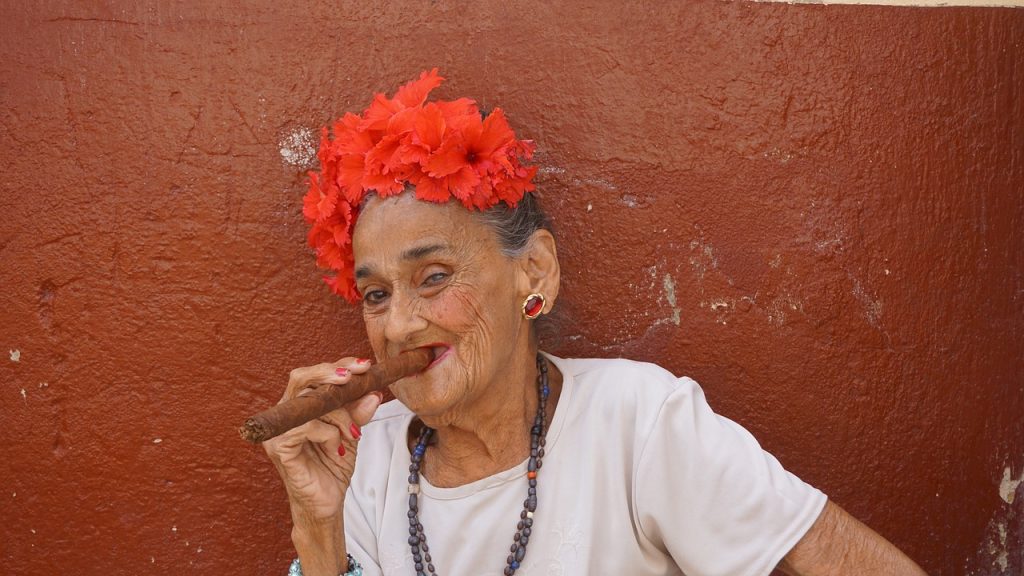 Havana cigar?has become a common name for a Cuban cigar. Now people generally just say Havana.?The?word?merely?describes the location of the company that manufactures the cigar.?A Havana cigar typically comes from Havana, a city in Cuba, or just Cuba itself.?Havana's association with the cigar has led to its definition as a color.?Havana Brown?is the exact brown of a Havana cigar.
Havana cigar?has become a common name for a Cuban cigar. Now people generally just say Havana.?The?word?merely?describes the location of the company that manufactures the cigar.?A Havana cigar typically comes from Havana, a city in Cuba, or just Cuba itself.?Havana's association with the cigar has led to its definition as a color.?Havana Brown?is the exact brown of a Havana cigar.
A?puro?is a cigar where all of the tobacco comes from the same country. Spanish-speaking countries especially use this term as it is the Spanish word for 'pure.' While it can also refer to a regular cigar, among aficionados it is exclusively from one country.?The country of origin also often precedes the word, such as a "Honduras puro."
The?cabana initially?referred to a cigar that came?from a Spanish export company of the same name. It also happens that cabana?means 'a hut or shelter typically located on the beach,' creating a vibe associated with the type of cigar.?Since then, cabana?became a brand located in Cuba and the name of a cigar shop from the popular movie franchise,?Scarface. 
Cheroot originally?signified a cigar coming from South India and the Manila area. These cigars were different from normal cigars?as they were cut on both sides. Normally, a cigar is just cut on one end.?Cheroot?eventually came?to describe any cigar with both sides cut. The word itself comes from the French?cheroute?which derives from the Tamill word for a tobacco roll,?shuruttu.?
The type of cigar wrapper determines the color of cigars. There is a large variety of wrappers which contribute to the flavor of the cigar itself. Some cigar specialists even claim that 75% of the cigar's flavor comes from?the wrapper, not the filling itself. Larger cigar leaves, specifically grown to create a certain flavor and color, make up the wrappers. Some grow without shade to produce a darker color with a richer flavor. Others grow with varying amounts of shade, producing lighter colors and milder tastes. The variations in wrapper and color caused several new words to develop in order to?describe the cigar.
Claro?in Spanish means?'light' or 'clear.' Naturally, it is the lightest wrapper, made from green leaves. Often tan in color, the leaves grow entirely in shade. This creates a subtle and mild flavor for the cigar.
One of the few wrappers not borrowed from Spanish,?connecticut?generally produces a golden wrapper with a sweeter flavor profile.?Connecticut?takes its name from the Connecticut River Valley where the leaves grow. There are currently multiple options for a connecticut wrapper. Depending on the desired flavor strength, connecticuts?may grow in or out of the shade. 
Colorado?comes from the Spanish word 'colored' which often appeared as "Colorado red." This translates to 'colored red' which is the color of a?colorado?wrapper. Reddish-brown in hue,?colorado?produces a supple flavor. Many wrapper names also combine?colorado?with?claro?or?maduro?to better define the color and taste of the cigar.
Maduro?is the Spanish word for 'ripe or mature.' The?maduro?is darker in color with a strong flavor. They are generally more veiny than lighter wrappers and produce a sweet aroma.
Oscuro?means?'dark'?in Spanish. It is the darkest wrapper on the market, almost black in appearance. This wrapper produces the strongest taste with a potent?flavor.?Oscuros?almost exclusively come from Latin America, often Brazil, Mexico, and Nicaragua.
The size and shapes of cigars differ just as much as the filling and wrappers do. Go?here if you want to know the importance of cigar size. Like any other distinctive feature of cigars, size and shape require their own slang.
A?perfecto?is large and thick. Unlike the?cheroot?previously mentioned in this post, the perfecto's ends taper off. The name is the Spanish word for 'perfect' so it must be pretty good. The dual tapered ends?concentrate the smoke more. This?concentration creates a better tobacco flavor.
The?long nine?is nine inches in length (one inch longer than today's average), inspiring its name. The cigar itself is very thin and relatively cheap. This term is historical, meaning it's no longer used except when referring to old cigars.
The cousin of?long nine, the?short six?was only six inches long. These cigars were short and fat, not losing any of the mass of an average cigar. The term is completely obsolete as it was only used relative to the?long nine.
Panatela?is a type of long, thin biscuit from Spain. It was originally a type of soup made with broth and bread. The cigar resembles the biscuit with its long and thin body, tapered on one end. The French and Italian have borrowed the word into their languages, along with English. For a short period of time in the early 20th century,?panatela?also meant a marijuana cigarette. Clearly, there are a variety of terms for cigars that are slightly more specific than the word cigar.?The many words illustrate the linguistic community's need for more specific and more exclusive terms.?However,?cigar?still remains the most popular term. The cigar has not only evolved in its linguistic history, but also in its production. Gone are the days of buying cigars in whatever wrapper and blend they come in. Now companies are adapting to the changing times and cigar culture. A company like?Custom Tobacco?changes the?entire process of creating a cigar. The consumer can customize the whole thing, from filler to?the final touches. Finally, you can design the perfect cigar for your needs.